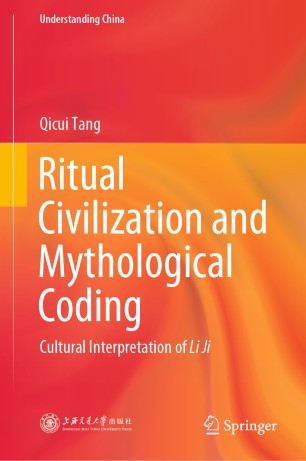

Most ebook files are in PDF format, so you can easily read them using various software such as Foxit Reader or directly on the Google Chrome browser.
Some ebook files are released by publishers in other formats such as .awz, .mobi, .epub, .fb2, etc. You may need to install specific software to read these formats on mobile/PC, such as Calibre.
Please read the tutorial at this link: https://ebookbell.com/faq
We offer FREE conversion to the popular formats you request; however, this may take some time. Therefore, right after payment, please email us, and we will try to provide the service as quickly as possible.
For some exceptional file formats or broken links (if any), please refrain from opening any disputes. Instead, email us first, and we will try to assist within a maximum of 6 hours.
EbookBell Team

4.1
40 reviewsThis book places Li Ji (the Book of Rites) back in the overall context of “books,” “rites” and its research history, drawing on the interrelations between myth, ritual and “materialized” symbols to do so. Further, it employs the double perspectives of “books” and “rites” to explore the sources and symbols of the capping ceremony (rites of passage), decode the prototypes of Miao and Ming Tang, and restore the discourse patterns of “people of five directions.” The book subsequently investigates the formation and function of the Yue Ling calendar and disaster ritual, so as to reveal the human cognitive encoding and metalanguage of ritual behavior involved. In the process, it demonstrates that Li Ji, its textual memories, archaeological remains and “traditional ceremony” narratives are all subject to the latent myth coding mechanism in China’s cultural system, while the “compilation” and “materialized” remains are merely forms of ritual refactoring, interpretation and exhibition, used when authority seeks the aid of ritual civilization to strengthen its legitimacy and maintain the social order.